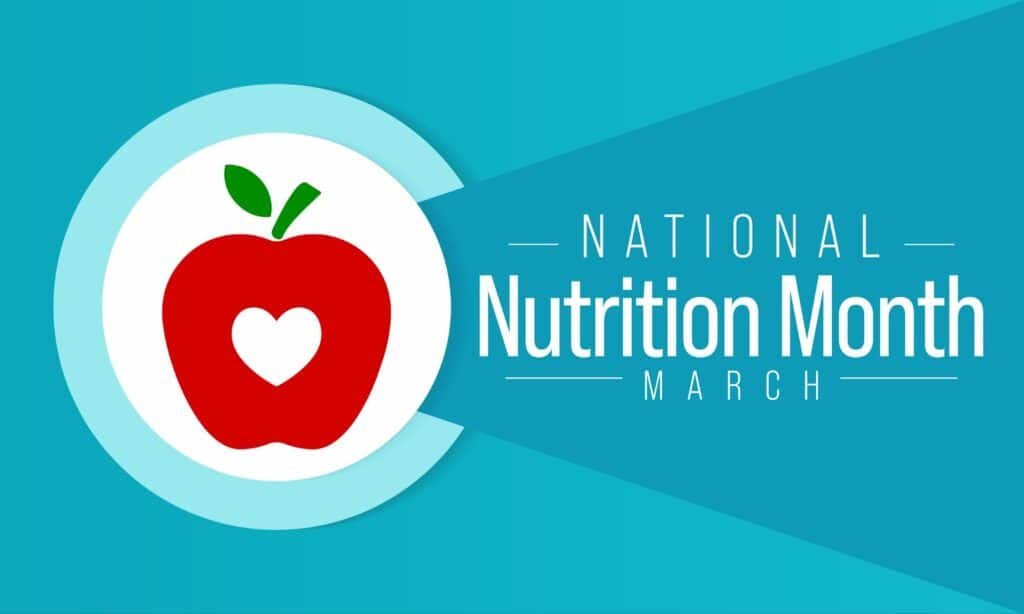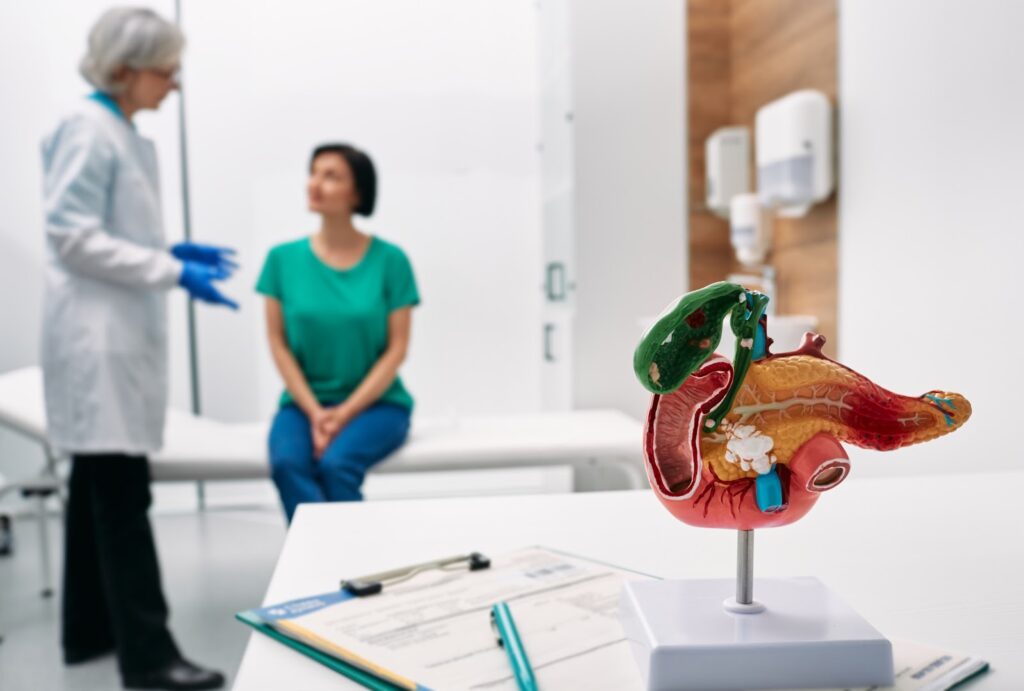How to Prepare for an H. Pylori Breath Test in NJ
During an H. pylori breath test, samples of exhaled breath are collected so that the isotopic carbon in the exhaled carbon dioxide can be measured. This helps to detect H. pylori bacteria and diagnose an infection so it can be properly treated. If your doctor determines that this type of breath test is needed, there are certain steps you will need to follow to prepare. Breath tests are a simple and safe way for our physicians at DHC to identify and diagnose a variety of conditions so that the proper steps can be taken for optimal digestive health.
Before Your H. Pylori Breath Test
Several considerations must be taken in the days before your H. pylori breath test. You should be finished with all antibiotics and Pepto Bismol one month before the test. The following medications should be stopped two weeks prior unless otherwise specified by your physician:
- Nexium
- Prilosec (Omeprazole)
- Prevacid (Lansoprazole)
- Aciphex
- Dexilant
- Protonix (Pantoprazole)
- Carafate
You should not stop taking any medications without first speaking to your doctor. Our physicians will gladly answer any questions you have about preparation before the test.
The Day of Your Scheduled H. Pylori Breath Test
On the day of your scheduled appointment, you should not have anything to eat or drink six hours before the test. Ahead of the breath test, your physician will explain the steps of the procedure and answer any questions you may have. An H. pylori breath test involves exhaling into a balloon-like bag after drinking a solution that contains urea. The amount of carbon dioxide in the breath samples is measured to determine if an H. pylori infection is present. The breath testing process usually lasts around 15 to 30 minutes.
After Your H. Pylori Breath Test
After your breath test is complete, the samples of your breath will be sent to a laboratory where they will be analyzed. Results are often available within 24 to 48 hours and will be conveyed to you via your physician. If the results come back positive for an H. pylori infection, antibiotics may be needed. If this is the case, the breath test will be repeated after the antibiotics are used to ensure that the infection is no longer present. You can resume your normal activities right away, and there are no restrictions following a breath test.
Recent Blogs
Learn more about all things digestive health and wellness by checking out our recent gastroenterology blogs.

Diverticular disease and diverticulitis are related digestive health conditions that affect the large intestine (colon). With diverticular disease, small, bulging pockets develop on the lining of the colon. When these pockets become inflamed or infected, the condition is called diverticulitis. They are very common – especially after age 40 – and rarely cause problems. At […]

Many Americans like to set New Year’s resolutions to make positive lifestyle changes such as improving their diet and going to the gym. However, March is also a great time for a healthy focus, especially as the long winter season comes to an end. National Nutrition Month, sponsored by the Academy of Nutrition and Dietetics, […]

Gallstones form when bile stored in the gallbladder hardens. Your gallbladder is a small, pear-shaped organ on the right side of your abdomen, just beneath your liver. It holds a digestive fluid called bile that’s released into your small intestine. Gallstones are pebble-like pieces of concentrated bile material, typically made up of cholesterol or bilirubin […]
H. Pylori Breath Testing at Digestive Healthcare Center
There are several different kinds of breath tests. Your physician at Digestive Healthcare Center will ensure that you have the proper preparation instructions so that the test can be performed properly and with accurate results. To learn more about the procedures we offer at our gastroenterology centers in NJ or to schedule an appointment, please contact us today.


























